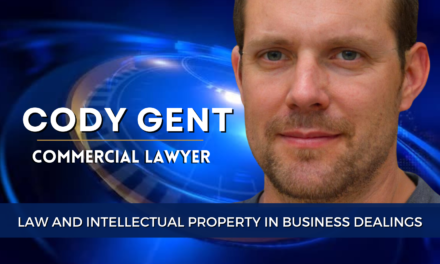A tax lawyer can either help you avoid a tax controversy or help get you through one. While there may be many lawyers who would love to take your case, as Rae Shearn knows, there needs to be a good fit between a lawyer and client when navigating these difficult situations. Finding the right lawyer can help you avoid anxiety and frustration as your case or situation progresses, and a good working relationship makes it easier to trust the process.
Rae Shearn Offers Four Tips
In your haste to get representation, you may make a thoughtless decision in hiring an attorney. This is a problem. To get the best representation for your situation and needs, consider these four tips recommended by Rae Shearn, a prominent criminal defense attorney.
1. Find Out Their Experience
Tax lawyers can handle different areas, especially between business or personal taxes. Making sure you hire a lawyer with specific experience is important, but you also want a lawyer with many years of experience working tax fraud causes. These are often complicated situations and require extensive experience with the law, evidentiary support and defense presentations that have been successful previously. A lawyer who understands the detailed nature of IRS investigations can help guide you through the process and prepare you for the potential outcome.
2. Find Out About Their License
Tax fraud issues could be tried in state, federal or U.S. Tax Court, so you need someone who is licensed to practice in the particular court where your case will be heard in. It’s not uncommon for fraud cases to involve state and federal entities, so make sure your lawyer is qualified to handle them both.
3. Find Out the Fee Structure
Facing tax fraud charges comes with the possibility of some severe penalties, so it’s important to hire the most qualified attorney for your case. If money is a concern, you need to know before you get started what kind of bill you will be facing. Some lawyers will ask for a retainer, which is a special account that the lawyer draws from as charges accrue. Others charge a flat fee for their services, while there are some who will bill clients at an hourly rate.
4. Find Out Who Is Doing the Work
A tax lawyer usually has a team that helps work a case. However, if you are being billed for the lawyer’s time but the bulk of the work is going to be pushed off to an administrator or paralegal, not only are you not getting your money’s worth, but you aren’t getting the expertise and involvement you need for a tax fraud charge.
When your freedom and reputation are on the line with a tax fraud charge, Rae Shearn recommends sparing no expense to get the right legal representation. These four tips can guide your search for a qualified attorney.












